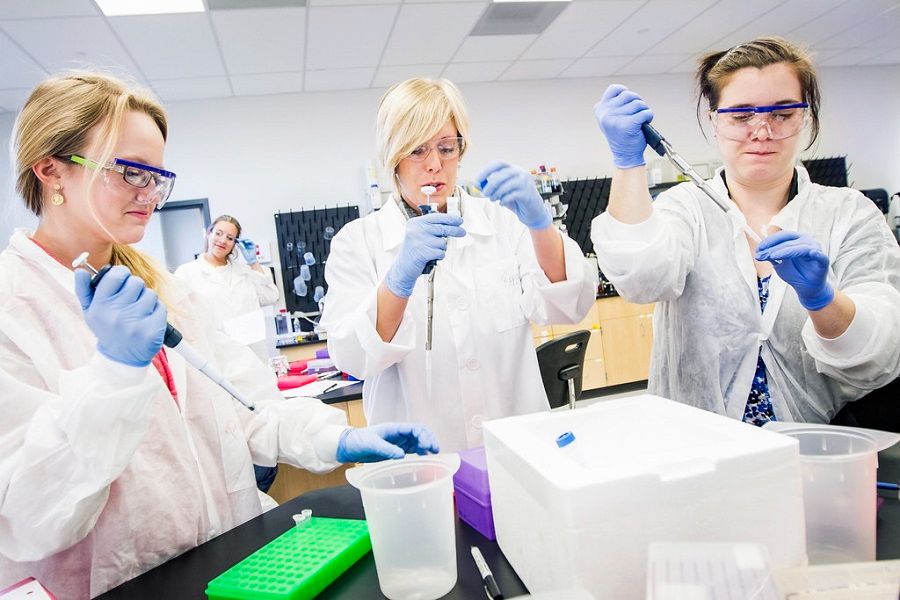The 21st century has seen relative technological advancements to make life easier for everyone. Specialized devices such as mobile phones and computers have helped people attain a more manageable lifestyle. But the most progress has come up in the biotechnological sector. Various machines such as MRI and MRET have changed society’s landscape and brought vast improvements in the life of human beings. Technology is made to improve the life of people, and machines have impacted positively. These several biotechnological technologies have done the human race a world of good.
- MRET Technology
Dr. Igor Smirnov holds a Molecular Resonance Effect Technology (MRET) patent. MRET Technology has revolutionized the modern way of having pure and bacteria-free water. The water absorbs a faint low-frequency electromagnetic field during the activation process. It resembles the geomagnetic field seen naturally adjacent to healing water springs. MRET Activated Water is compatible with the cell water dynamic multilayer molecular structuring and has modified molecular structuring, physical, and electrodynamic features. By hydrating cells with MRET Activated Water, MRET Water aids cellular regeneration. It leads to the appropriate functioning of cells and cellular structures, normalizing metabolism, and giving the body a general resurrection. MRET Water stops cellular dehydration and slows down the aging process, which is directly linked to cellular dehydration. It enhances the delivery and digestion of nutrients and the body’s detoxifying process.
- Regenerative medicine to create new organs
Regenerative medicine holds the promise of growing tissue and organs in the lab. Allowing doctors to transplant these when the body cannot mend properly is in greater demand as more societies struggle with the rapidly aging population. The field’s popularity is also growing due to traffic accidents and wartime amputations.
- Rapid and precise development and manufacturing of medicine and vaccines
It is generally known that medicines and vaccinations can both treat and prevent disease. The ability to produce increasingly complex medications and vaccines has been a critical component of these advancements, allowing for treating and preventing a broader range of ailments. Today’s cutting-edge biotechnology can quickly create medicines and vaccines against almost any target.
- Improvements to soil and water
Two of our most vital yet finite resources are arable land and freshwater. These resources are under threat because of ongoing abuse and misappropriation, which has expanded along with their demand. Technologies that are already starting to restore the life and viability of these resources have been produced thanks to advances in biotechnology. A new wave of technological innovations is being developed, such as bioremediation, which uses microbial metabolism to eliminate contaminants, and bio regeneration, which renews or restores resources that support life through biochemical functions.
- Bioproduction of sustainable chemicals, energy, and other materials
About half of the world’s known fossil fuel reserves have been used up by humans. These fossil fuel reserves, which require more than 600 million years to build up, are non-renewable. These deposits’ extraction, refinement, and burning substantially contribute to greenhouse gas emissions and global warming. To tackle such issues, biotechnologists have come up with Artificial biosynthesis. It is a process that uses live organisms like bacteria, fungi, or plants to manufacture fuels, chemicals, and other substances. It is one of the most exciting prospects in the sustainable sector.

















